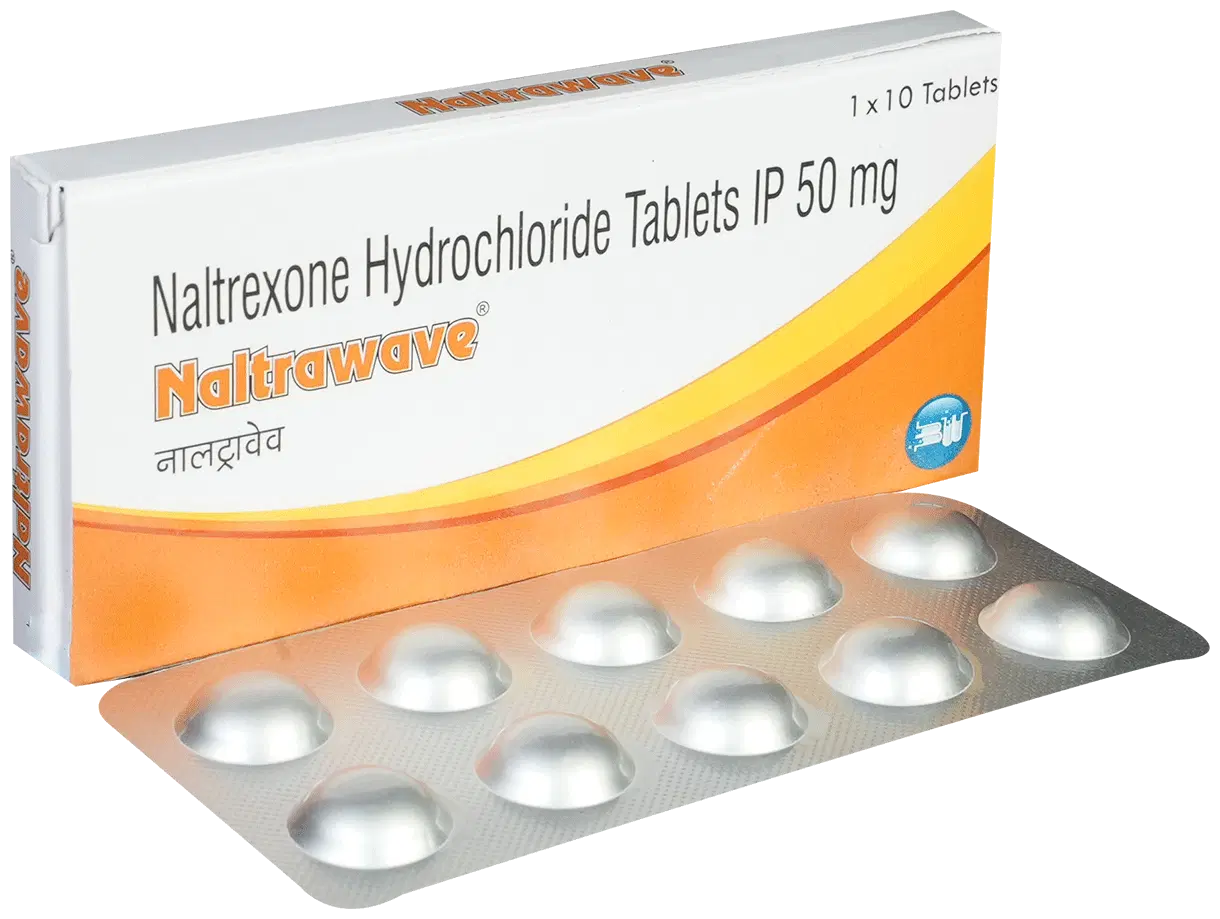Naltrexone
Naltrexone is a prescription medication commonly used for the treatment of addiction to opioids and alcohol, as well as for managing chronic pain. This substance is an opioid antagonist, meaning that it blocks the effects of opioid drugs, such as heroin, morphine, and prescription pain medications, by binding to the same receptors in the brain.
One primary use of Naltrexone is to help individuals recovering from opioid addiction maintain abstinence by reducing cravings and preventing the pleasurable effects of opioids when they are taken. It is particularly useful in the early stages of addiction recovery and is often prescribed alongside counseling and other supportive measures.
In addition to its role in opioid addiction treatment, Naltrexone is also prescribed for alcohol dependence. By blocking the rewarding and intoxicating effects of alcohol, it can help individuals reduce their drinking and achieve sobriety. The medication is typically taken as a monthly injectable form or as a daily pill.
Naltrexone has also been found to be effective in the management of chronic pain, particularly in combination with other medications. By blocking opioid receptors, it may reduce the potential for opioid addiction in patients receiving long-term pain relief.
It is crucial for patients taking Naltrexone to inform their healthcare providers about any medications or substances they are currently using, to ensure the safe and effective use of the drug. Naltrexone is generally well-tolerated but may cause side effects such as nausea, headache, dizziness, and mood changes.

Showing 1–12 of 16 results
Showing 1–12 of 16 results





